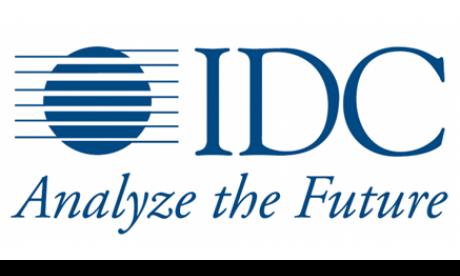

 Worldwide PC shipments are expected to fall 3.7% in 2014, an improvement from the previous forecast of 6%, according to IDC. PC shipments in emerging regions remain constrained by ongoing competition from alternative devices and a number of economic/political challenges. However, commercial demand and even a rekindling of consumer interest in mature markets helped to boost results for the first half of 2014 as well as the outlook for the rest of the year.
Worldwide PC shipments are expected to fall 3.7% in 2014, an improvement from the previous forecast of 6%, according to IDC. PC shipments in emerging regions remain constrained by ongoing competition from alternative devices and a number of economic/political challenges. However, commercial demand and even a rekindling of consumer interest in mature markets helped to boost results for the first half of 2014 as well as the outlook for the rest of the year.PC shipments in mature regions are now projected to grow 5.6% in 2014, the highest since 2010, with both consumer and commercial segments showing positive growth. On the other hand, the outlook for emerging markets has been lowered slightly to reflect reduced stability and economic conditions in Asia/Pacific, Latin America, and central Europe, the Middle East and Africa (CEMA).
PC market drivers for the short term still mainly rest on business spending in mature markets. However, other variables have also appeared. In addition to the stimulus from the end of support for Windows XP, competition from tablets has declined as tablet penetration rises and volume has shifted to smaller sizes that are less competitive with PCs. At the same time, PCs have made some progress addressing tablet competition with more slim, touch, and low-cost models available. Growth of Chromebooks, particularly in the education segment in mature markets, is also contributing to the PC outlook. In emerging regions, the competition from other devices remains a larger factor, and the boost from mature market drivers less pronounced. Replacement of Windows XP-based systems should also decline over time as the installed base of XP systems shrinks.
"Programs to reduce PC prices, such as Windows 8.1 with Bing, have helped to improve PC shipments in some segments," said Jay Chou, senior research analyst at IDC. "Coupled with a shift toward more mobile PCs, the market has seen a quickened pace of innovation and a focus on price points. Nevertheless, the prospects for significant PC growth in the long term remain tenuous, as users increasingly see PCs as only one of several computing devices."
Source: Digitimes